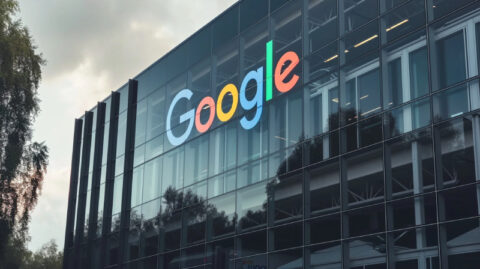Introduction
In a world where technology is evolving at a rapid pace, the concept of Decentralized Autonomous Organizations (DAOs) has emerged as a groundbreaking innovation. A DAO is a form of digital organization that runs on code, enabling transparent and automated decision-making processes, free from centralized authority or intermediaries. Let’s delve deeper into the world of DAOs to understand their significance and implications.
What is a DAO?
A Decentralized Autonomous Organization, or DAO, operates through smart contracts on a blockchain network. Stakeholders, facilitated by blockchain technology, collectively make decisions that govern these digital-first entities, distinguishing them as more than just any organizations. This setup allows for transparent, autonomous, and decentralized governance.
Key Features of a DAO:
- Autonomy: DAOs function autonomously, with smart contracts executing operations without human intervention.
- Transparency: Blockchain technology ensures that all transactions and decisions are recorded transparently.
- Decentralization: Power is distributed among participants, eliminating central points of control.
- Token Governance: Ownership and governance are often based on digital tokens, with token holders having voting rights on proposals.
How Does a DAO Work?
At the core of DAOs are smart contracts—self-executing contracts with the terms of the agreement directly written into code. These contracts define the organization’s rules and execute the agreed-upon decisions automatically. Participants buy or earn tokens, which grant them voting rights or stakes in the DAO, allowing them to influence its direction and operations.
Examples of DAO Applications:
- Decentralized Finance (DeFi): DAOs play a crucial role in managing protocols for borrowing, lending, and trading in the cryptocurrency space.
- Online Communities: Various social platforms leverage DAOs to democratize governance and operational decisions.
- Decentralized Autonomous Collectives: Creators in art, music, and other domains use DAOs for collaborative projects and resource sharing.
Different Types of DAOs:
- Investment DAOs: Pool resources to invest in startups, NFTs, or other assets.
- Philanthropy DAOs: Focus on charitable giving and social impact projects.
- Protocol DAOs: Govern the rules and parameters of a decentralized protocol.
- Collector DAOs: Aggregate funds to purchase valuable items or artworks.
Benefits of DAOs
DAOs offer a compelling alternative to traditional organizational structures:
- Elimination of Intermediaries: Direct peer-to-peer interactions are enabled, cutting out middlemen.
- Enhanced Transparency: Blockchain technology ensures that all operations are transparent.
- Incentivized Participation: Token-based rewards align participants’ contributions with the organization’s success.
- Global Accessibility: Anyone with internet access can participate in a DAO, regardless of location.
Challenges and Risks
Despite their potential, DAOs face several hurdles:
- Legal Uncertainty: The absence of a clear regulatory framework poses compliance risks.
- Smart Contract Vulnerabilities: Flaws in code can lead to security issues and financial losses.
- Governance Issues: Balancing effective governance with the risk of centralization is a delicate task.
Conclusion
DAOs represent a new frontier in organizational governance, offering a platform for decentralized collaboration and decision-making. As DAO tokens and smart contracts become more sophisticated, these entities are poised to revolutionize how we conceive of and participate in collective endeavors. Despite the challenges, the transformative potential of DAOs in promoting transparency, efficiency, and inclusivity is undeniable. The ongoing evolution of DAOs underscores the importance of collaborative problem-solving among participants and regulators to harness this innovative paradigm fully.
FAQs
Q: what is a DAO?
A: A DAO, or Decentralized Autonomous Organization, is a blockchain-based system that enables people to collaborate and make decisions without a central authority, using smart contracts to execute agreed-upon rules autonomously.
Q: What is the role of DAOs in Web3?
A: DAOs, or Decentralized Autonomous Organizations, are pivotal in Web3 for democratizing governance and decision-making. They allow community members to vote on proposals and manage resources collectively, fostering transparency and decentralization in projects and platforms across the blockchain ecosystem.
Q: What are the types of DAOs?
A: DAOs (Decentralized Autonomous Organizations) can be categorized by purpose: investment DAOs focus on pooling funds for collective investment, social DAOs foster community and shared interests, philanthropic DAOs aim for social impact, creator DAOs support artists and creators, and protocol DAOs govern decentralized protocols or platforms.











